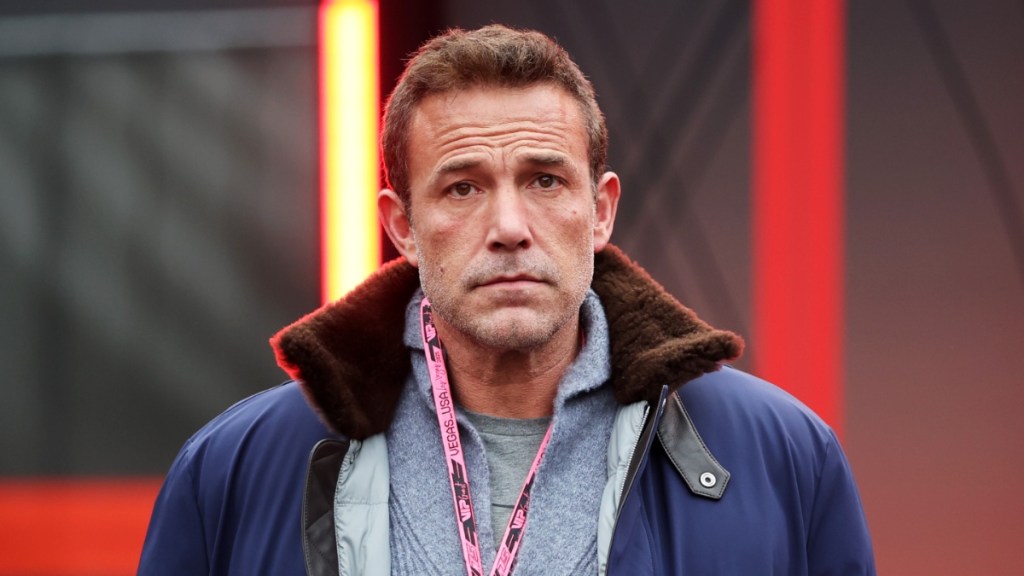Iconic Composer Nobuo Uematsu Urges Creativity in Game Music
BREAKING: Iconic video game composer Nobuo Uematsu, renowned for his work on the Final Fantasy series, has voiced urgent concerns about the current state of video game music. In a revealing interview with Real Sound, Uematsu highlighted a troubling trend: the overwhelming influence directors and producers have over composers, stifling creative expression.
Uematsu stated, “I won’t go as far as to call it stagnation, but I believe directors and producers hold too much power in their hands even when it comes to the music.” This statement, translated by Automaton, underscores a significant issue facing composers today—they struggle to express their opinions freely, regardless of their musical knowledge or technical skills.
The legendary composer compared today’s landscape to the NES era of the 1980s, when few dared to envision a career in game music. He lamented, “Frankly speaking, there’s less ‘weird things’ now,” emphasizing the diminishing diversity in sound as many projects lean towards a familiar John Williams style.
Despite these challenges, Uematsu remains hopeful. He cites Elton John as an example of artistry that marries creativity with commercial success. “If you make the same stuff as John Williams and grow complacent with that, you’ll get nothing more from it,” Uematsu advised aspiring composers. He encourages innovation in sound, suggesting that blending genres could lead to exciting new directions in game music.
The conversation around creative freedom in video game music is more relevant than ever, particularly as developers navigate the pressures of commercial viability. As Uematsu noted, the lack of producers familiar with diverse musical genres further complicates the issue. He believes this results in a narrow focus that may stifle unique artistic voices.
Notably, fellow industry figure Yoko Taro has echoed Uematsu’s sentiments, lamenting the absence of “weird” innovators in the gaming space. This sentiment resonates with many within the community who yearn for more originality and experimentation in game scores.
While the mainstream gaming industry may seem constrained, vibrant and “weird” music still thrives in the realm of indie games. Titles such as Hades, with its slick rock tracks, and other independent projects continue to push creative boundaries, proving that innovation is alive and well.
As the video game music industry faces these pressing challenges, Uematsu’s call to action for creativity is a timely reminder for composers and producers alike to embrace the unconventional. The future of game music may depend on it.
Stay tuned for more updates on this developing story and explore how the gaming landscape continues to evolve.






